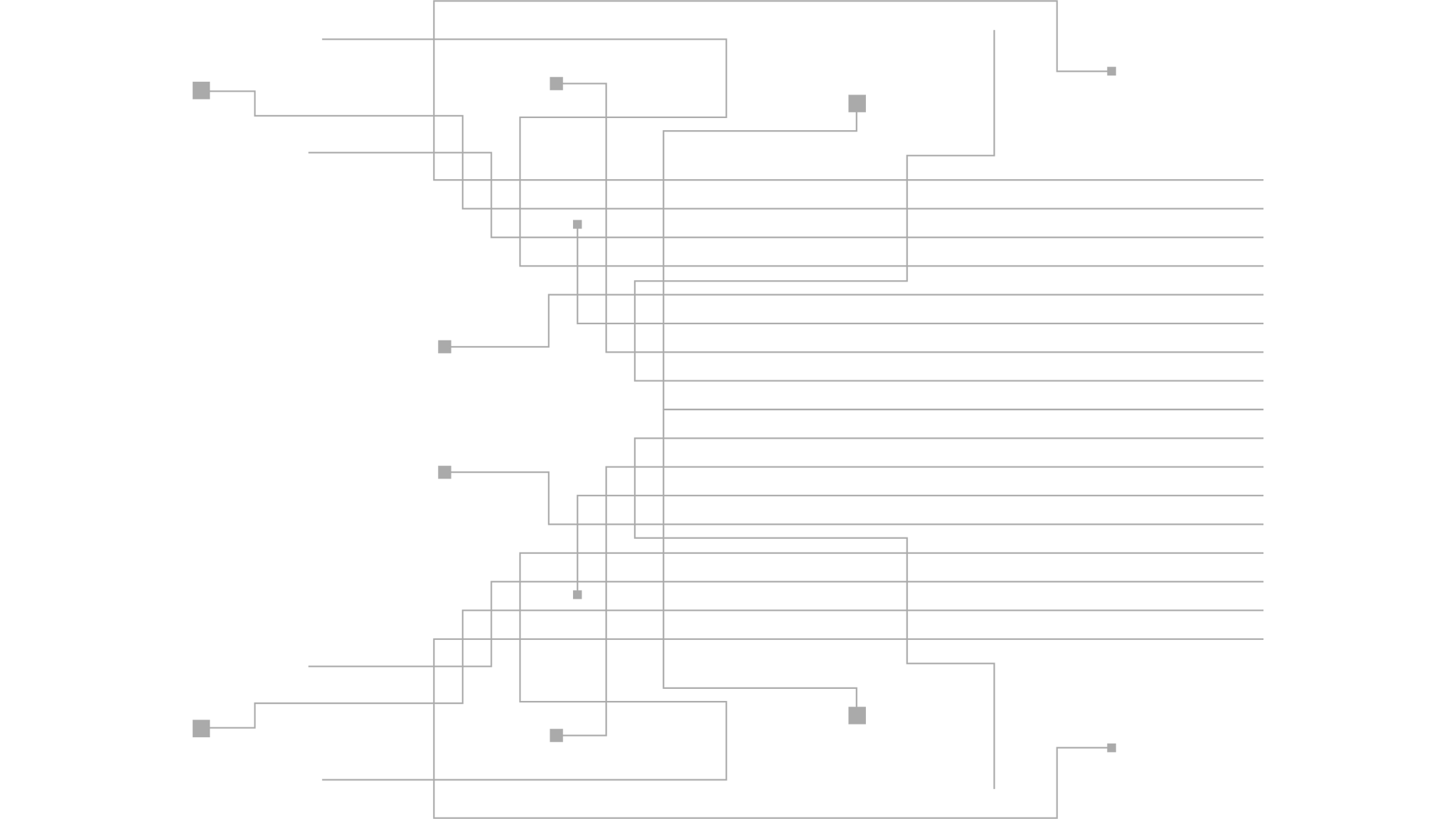The End of T1
was declining, but only gradually. Many businesses didn’t want to part with their existing technologies. Upgrading solutions seemed intimidating, complicated, and largely unnecessary. But now these technologies are aging out, and the "...

was declining, but only gradually. Many businesses didn’t want to part with their existing technologies. Upgrading solutions seemed intimidating, complicated, and largely unnecessary. But now these technologies are aging out, and the "
that allow the biggest T1 providers to stop giving customers wholesale access to their copper-based network. This could increase the cost of T1 lines by 400 percent by July 2022!
At its core, a T1 line is a copper wire capable of transferring data from one place to another through digital signaling. Because of their massive bandwidth, T1 lines have been industry standard for quite some time. To give you some idea, a single T1 line can transmit the same amount of data as 24 traditional lines. Businesses that employed hundreds – and even thousands – of employees chose to invest in T1 because it was a cost-effective high-speed internet connection. But, as with many things, T1 has slowly been phased out for other more advanced options.
But how did we get so involved with T1 lines in the first place? For that, we're going to have to go back to 1933. That year, the United States government allowed AT&T to become a monopoly so that the company could expand its network across the country. They wanted every citizen to have access to reliable connections, no matter where they were located.
Once that network was built out, the Telecommunications Act of 1996 was passed. This broke up AT&T's monopoly, requiring the company to give other service providers wholesale access to its network. It revitalized communications – lowering costs for providers and customers alike and inspiring all kinds of innovations.
T1 lines – and copper infrastructure in general – are expensive and time-consuming to maintain. Many providers believe their money is better spent on building their IP infrastructure. It's simple, affordable, and far more flexible.
A Rise in Usage Costs: As stated before, carriers are beginning to retire their copper network and the already-pricey rates will become insurmountable.
Underperforms Compared to Other Solutions: TDM technology can no longer keep up with a modern business' bandwidth needs. It also doesn't integrate well with mobile devices or cloud-based applications, a staple in the current work-from-home environment.
Minimal or No Failover Options: When T1 lines are down, they're down. Your business is forced to a screeching halt while waiting for a technician to repair whatever has gone wrong.
, we want you to get ahead of the rapidly shifting industry standard. This is why we offer a multitude of internet solutions designed to fit your needs, whatever they may be. From
We also offer solutions to fit your communications needs as well, making us your one-stop shop! Here are just a few of the advantages a partnership with
Before signing an internet contract, ask these 5 questions to avoid hidden fees, service delays, and vendor chaos. Learn how Tierzero delivers reliable, scalable connectivity for growing businesses.



